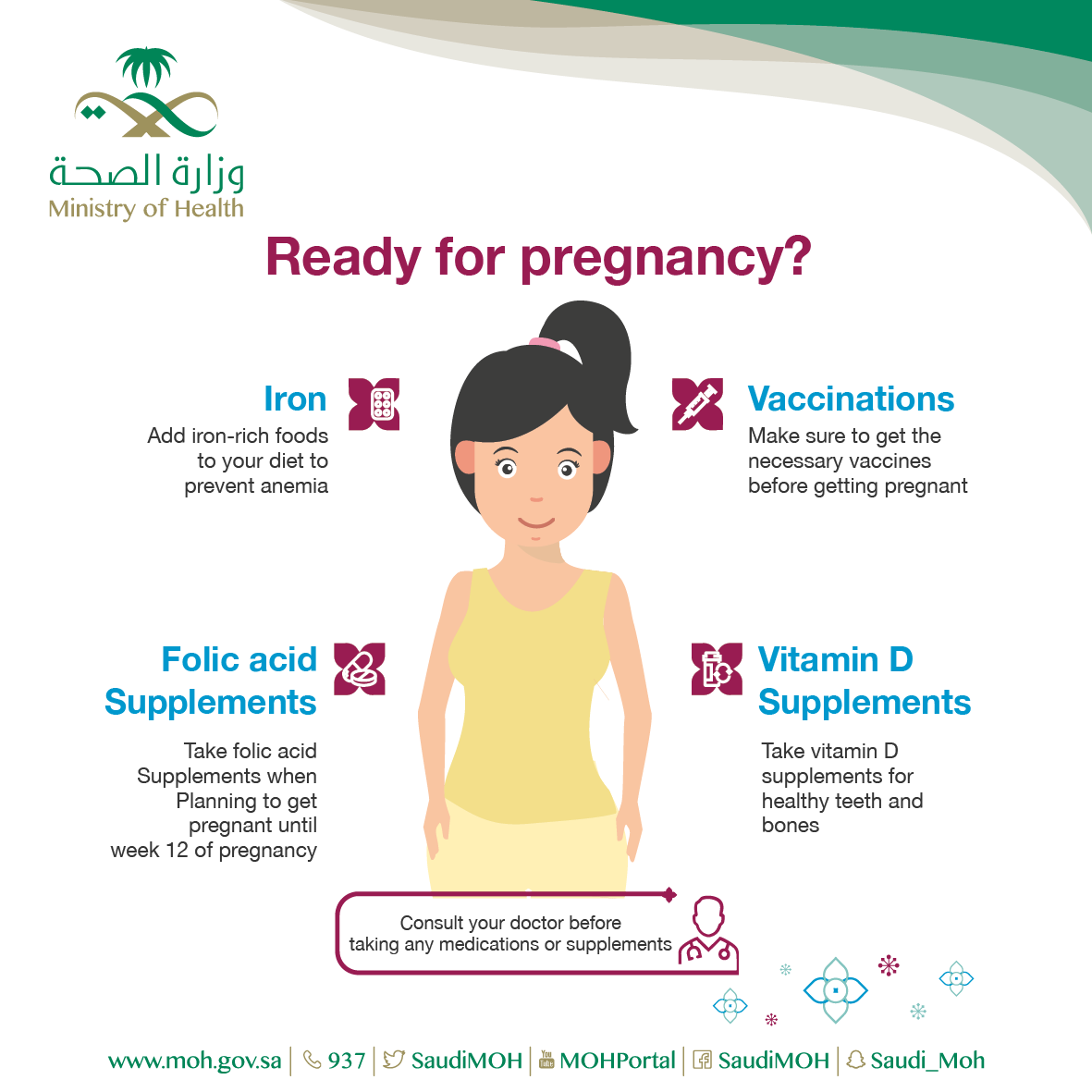
Pre-Pregnancy Care: A Comprehensive Guide for Expecting Parents
Pre-pregnancy care is a crucial phase that lays the foundation for a healthy pregnancy and a thriving baby. It involves a series of proactive measures that women should undertake before conceiving to optimize their physical, emotional, and mental well-being. By addressing potential health risks, managing chronic conditions, and adopting healthy habits, pre-pregnancy care empowers women to embark on their pregnancy journey with confidence and minimize the likelihood of complications.
Why Pre-Pregnancy Care Matters
Pre-pregnancy care is essential for several reasons:
- Early Detection and Management of Health Issues: It allows healthcare providers to identify and address any underlying health conditions that could impact pregnancy, such as diabetes, hypertension, or thyroid disorders. Early intervention can prevent complications and ensure a smooth pregnancy.
- Lifestyle Modifications: Pre-pregnancy care provides an opportunity to assess and modify lifestyle factors that may affect fertility or pregnancy outcomes. This includes quitting smoking, reducing alcohol consumption, and maintaining a healthy weight.
- Nutritional Optimization: Proper nutrition is vital for both the mother and the developing fetus. Pre-pregnancy care ensures that women are consuming adequate amounts of essential nutrients, such as folic acid, iron, and calcium.
- Emotional and Mental Health Support: Pregnancy can be an emotionally and mentally challenging time. Pre-pregnancy care provides a platform for women to discuss their concerns, receive support, and develop coping mechanisms for the journey ahead.
Steps Involved in Pre-Pregnancy Care
Pre-pregnancy care typically involves the following steps:
1. Preconception Visit:
- Consult with a healthcare provider to discuss your pregnancy plans, medical history, and lifestyle.
- Undergo a physical exam, including blood tests and urine analysis.
- Receive vaccinations, such as rubella and tetanus.
- Discuss contraception and family planning options.
2. Lifestyle Assessment:
- Evaluate your current diet, exercise routine, and stress levels.
- Identify and address any unhealthy habits, such as smoking or excessive alcohol consumption.
- Establish a plan for maintaining a healthy weight.
3. Nutritional Counseling:
- Meet with a registered dietitian to develop a personalized nutrition plan that meets your specific needs.
- Ensure adequate intake of folic acid, iron, calcium, and other essential nutrients.
- Discuss the importance of limiting processed foods, sugary drinks, and unhealthy fats.
4. Exercise and Physical Activity:
- Engage in regular moderate-intensity exercise, such as brisk walking, swimming, or cycling.
- Avoid strenuous activities that could put undue stress on your body.
- Listen to your body and rest when needed.
5. Mental and Emotional Health:
- Discuss your emotional and mental well-being with your healthcare provider.
- Identify potential stressors and develop strategies for coping with them.
- Consider seeking professional help if you experience anxiety, depression, or other mental health concerns.
6. Medication Review:
- Review all medications you are currently taking with your healthcare provider.
- Some medications may need to be adjusted or discontinued before pregnancy.
- Discuss alternative treatment options if necessary.
7. Prenatal Vitamins:
- Start taking a prenatal vitamin that contains folic acid, iron, and other essential nutrients.
- Continue taking prenatal vitamins throughout your pregnancy and while breastfeeding.
8. Follow-Up Visits:
- Schedule regular follow-up visits with your healthcare provider to monitor your progress and address any concerns.
- Discuss any changes in your health, lifestyle, or medication use.
Additional Considerations
In addition to the core steps outlined above, pre-pregnancy care may also include:
- Genetic Counseling: If you have a family history of certain genetic disorders, genetic counseling can help you assess your risk and make informed decisions.
- Immunization: Ensure you are up-to-date on all recommended immunizations, including measles, mumps, rubella (MMR), and varicella (chickenpox).
- Dental Care: Visit your dentist for a thorough checkup and cleaning. Poor dental hygiene can increase the risk of pregnancy complications.
- Substance Use: Quit smoking, reduce alcohol consumption, and avoid illicit drug use. Substance use can harm both the mother and the developing fetus.
Benefits of Pre-Pregnancy Care
Pre-pregnancy care offers numerous benefits, including:
- Improved Pregnancy Outcomes: By optimizing your health before pregnancy, you increase the chances of a healthy pregnancy and a healthy baby.
- Reduced Risk of Complications: Early detection and management of health issues can prevent or minimize pregnancy complications, such as preeclampsia, gestational diabetes, and premature birth.
- Enhanced Emotional and Mental Well-being: Pre-pregnancy care provides support and resources to help you cope with the emotional and mental challenges of pregnancy.
- Increased Confidence: By addressing potential risks and preparing your body and mind for pregnancy, you gain confidence and reduce anxiety about the journey ahead.
Conclusion
Pre-pregnancy care is an essential investment in your health and the well-being of your future child. By taking proactive steps to optimize your physical, emotional, and mental well-being before conceiving, you empower yourself to embark on a healthy pregnancy journey and maximize the chances of a positive outcome. Remember, pre-pregnancy care is not just about preparing for pregnancy; it’s about laying the foundation for a healthy and fulfilling life for both you and your baby.